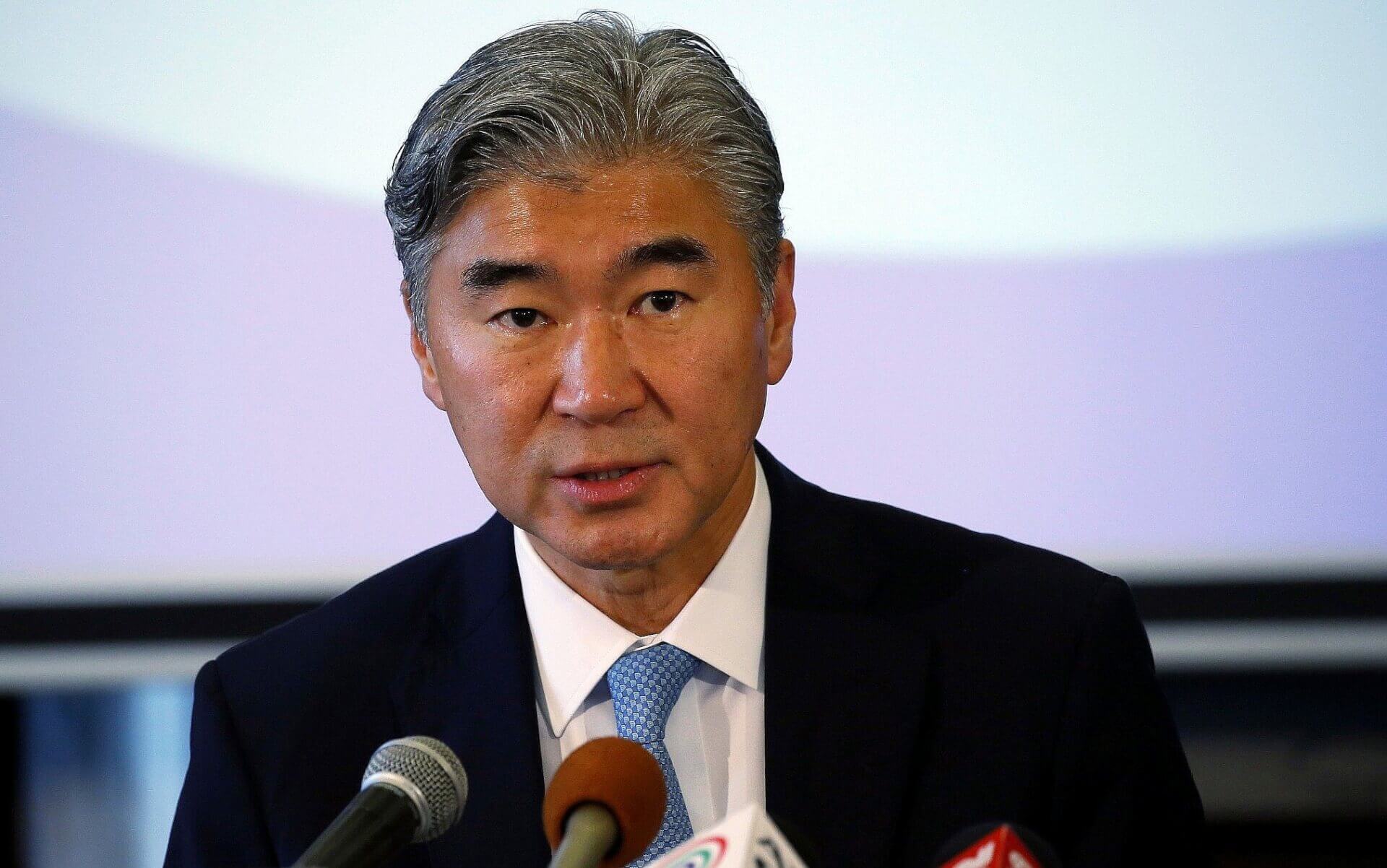Washington is ready to return to the negotiation table even after Pyongyang claimed it tested new long-range cruise missiles that improve its nuclear strike capabilities against Japan and South Korea.
On Tuesday, the United States (US) State Department’s special representative for North Korea, Sung Kim, said, “We hope the DPRK will respond positively to our multiple offers to meet without preconditions.” Kim was referring to North Korea by its formal name, the Democratic People’s Republic of Korea.
The US’ offer to North Korea comes after Pyongyang announced that it had tested new cruise missiles that flew in “pattern-8 flight orbits” for more than two hours on Saturday and Sunday. The missiles allegedly covered around 1,500 kilometres over land and waters off North Korea before hitting targets in the water. The new cruise missiles have been designed to fly below the radar and evade defence systems, aligning with leader Kim Jong-un’s goal of deterring a US-led attack. It is North Korea’s first reported missile launch since it fired two short-range ballistic missiles in March.
On Monday, the Korean Central News Agency (KCNA) reported: “The development of the long-range cruise missile, a strategic weapon of great significance in meeting the key target of the five-year plan for the development of the defence science and the weapon system set forth at the 8th Congress of the Party, has been pushed forward according to the scientific and reliable weapon system development process for the past two years and, in this course, detailed tests of missile parts, scores of engine ground thrust tests, various flight tests, control and guidance tests, warhead power tests, etc. were conducted with success.” “In all, the efficiency and practicality of the weapon system operation were confirmed to be excellent,” the KCNA concluded.
A day after the test, US official Kim met the top nuclear envoys from Japan and South Korea, Takehiro Funakoshi and Noh Kyu-duk, in Tokyo to discuss how to proceed multilaterally with North Korea’s missile and nuclear programmes. During the meeting, Kim said Washington is open to engaging with North Korea diplomatically. “The recent developments in the DPRK are a reminder of the importance of close communication and cooperation from the three countries,” Kim said in his opening remarks.
In addition, White House Principal Deputy Press Secretary Karine Jean-Pierre told reporters aboard Air Force One on Monday that the US position “has not changed when it comes to North Korea.” “We remain prepared to engage in diplomacy with the DPRK towards our objective of a complete denuclearisation of the Korean Peninsula. Our offer remains to meet anywhere, anytime without preconditions,” she added, reaffirming the Joe Biden administration’s “calibrated, practical approach” in dealing with Pyongyang.
Meanwhile, China called on all parties to “exercise restraint.” At a routine press conference on Monday, Chinese Foreign Ministry spokesperson Zhao Lijian said, “We call on relevant parties to exercise restraint, meet each other halfway, actively conduct dialogue and engagement, and follow the ‘dual-track approach and take phased and synchronised actions to continuously advance the political settlement of the Korean Peninsula issue.”
Pyongyang has previously said it sees no sign of policy changes from the “hostile” US, citing issues such as economic sanctions and joint military drills with South Korea, which it claims are preparation for an attack.
US Tells North Korea Door Is Still Open for Talks Despite Missile Test
The US envoy for North Korea said Washington is willing to return to negotiations despite Pyongyang claiming to have tested new long-range cruise missiles that bolster its nuclear capabilities.
September 14, 2021

SOURCE: AP/BULLIT MARQUEZ
